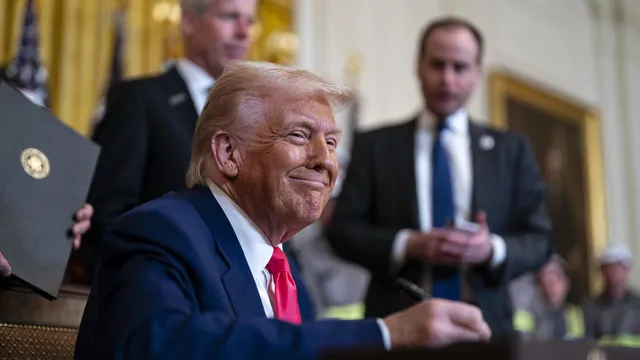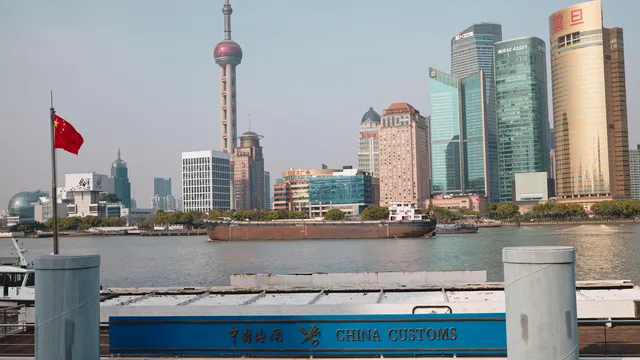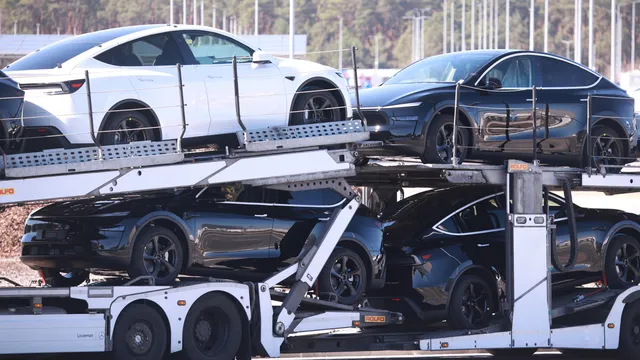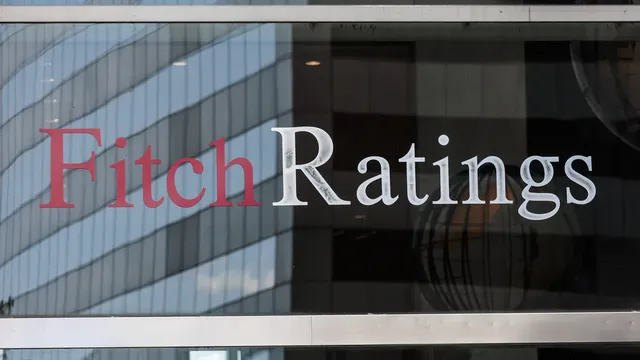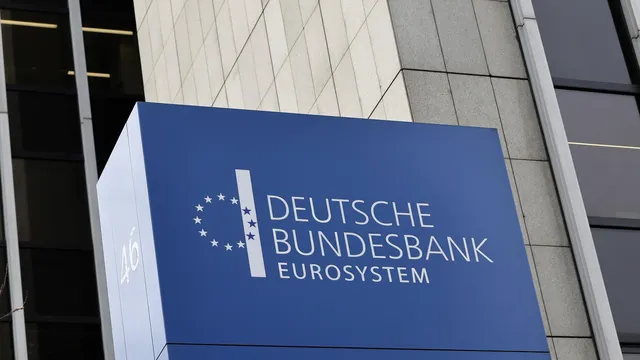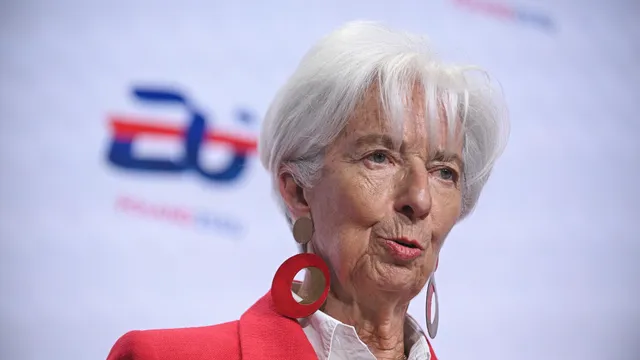U.S. President Donald Trump's punitive tariffs on dozens of economies around the world, including more than 100 percent duties on Chinese goods, have taken effect, dramatically intensifying a devastating global trade war.
Following the imposition of sweeping 10-percent tariffs that rocked the global economy after they went into effect over the weekend, rates on imports into the United States from exporters like the European Union or Japan rose further this morning.
China - Washington's biggest economic rival, but also a major trading partner - has been hardest hit. Tariffs imposed on its products since Trump returned to the White House have now reached a staggering 104 percent.
Trump has said his administration is working on "individual deals" with trading partners. The White House is prioritizing allies like Japan and South Korea.
U.S. Trade Representative Jamison Greer told the Senate that Argentina, Vietnam and Israel are among the countries willing to negotiate.
Trump announced at a dinner with fellow Republicans that countries were "dying" to strike a deal.
"I'm telling you, these countries are calling us to kiss my ass," he said.
But Beijing showed no signs of giving up its position, vowing to pursue a trade war "to the end" and promising countermeasures to protect its interests.
China's retaliatory tariffs of 34% on US goods are due to take effect on Thursday, April 10.
The U.S. president believes his policy will revive America's lost manufacturing base by forcing companies to move to the United States. But many business experts and economists doubt how quickly - if ever - that can happen, warning of higher inflation.
China "wants to make a deal"
Trump initially unveiled a 34 percent additional duty on Chinese goods, but after China retaliated with the same amount on American products, Trump imposed another 50 percent duty.
Factoring in existing levies imposed in February and March, this would bring the cumulative increase in tariffs on Chinese goods during Trump's second presidency to 104 percent.
Trump insists the ball is in China's court, saying Beijing "really wants to make a deal but doesn't know how to get it started."
Trump also pointed out that the United States will announce a big tariff on pharmaceuticals "very soon."
Separately, Canada announced that its tariffs on some USA auto imports would take effect today.
Trillions have been wiped off the value of global stock markets in recent days, and on Wednesday Asian markets reopened lower, with Hong Kong plunging more than 3% and Japan's Nikkei sinking 2.7%.
Currency markets have seen turbulence, with the South Korean won falling to its lowest level against the dollar since 2009 this week.
The Chinese yuan also fell to its lowest level against the US dollar. Oil prices fell, with West Texas Intermediate closing below $60 for the first time since April 2021.
The European Union tried to cool tensions. European Commission President Ursula von der Leyen warned against deepening the trade conflict in a call with Chinese Premier Li Qiang.
She stressed stability for the world economy, along with the "need to avoid further escalation".
The Chinese premier told Von der Leyen that his country could weather the storm, saying he was "fully confident of maintaining sustainable and healthy economic development."
The EU is likely to present its response to Washington next week.
In retaliation against U.S. levies on steel and aluminum that went into effect last month, the EU is planning duties of up to 25 percent on U.S. goods ranging from soybeans to motorcycles.
"Tailor-made deals"
Wall Street's major indexes closed lower Tuesday, with the broader S&P 500 down 1.6 percent.
In one of the public signs of friction over tariffs, key Trump ally Ilon Musk described senior White House trade adviser Peter Navarro as "dumber than a sack of bricks".
Musk took offence after Navarro described his company Tesla as a "car manufacturer" that wants cheap parts from overseas. | BGNES, AFP

 Breaking news
Breaking news
 Europe
Europe
 Bulgaria
Bulgaria
